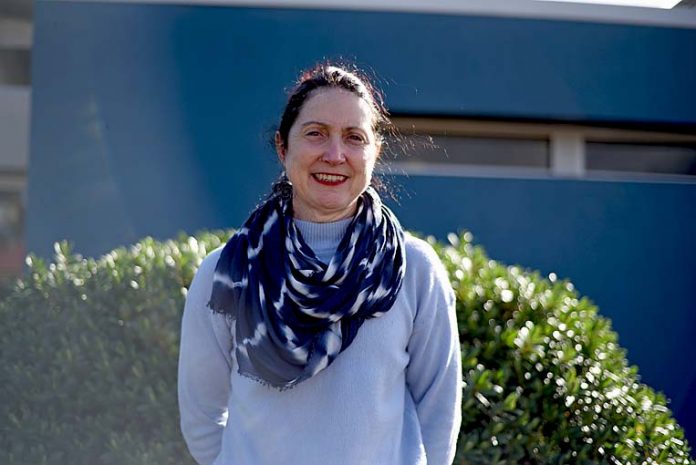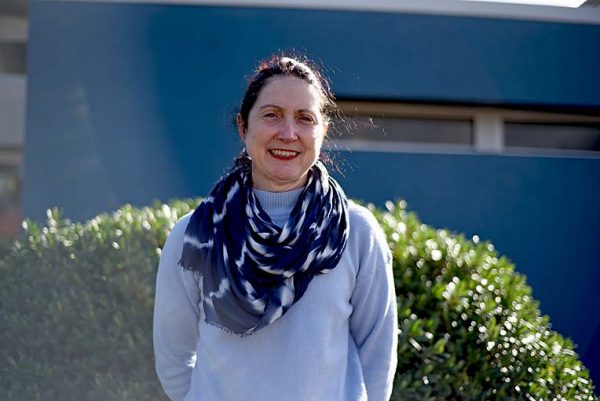

FLINDERS University Rural Health SA deputy dean Robyn Aitken says students have adapted well to the changes associated with the COVID-19 pandemic following a move to online learning as the virus took hold of the state earlier this year.
Student placements were also impacted with enforced restrictions hindering placement at Mount Gambier Hospital and general practitioner offices across the city.
Students were recently able to return to on-campus learning and reinstated their placements to one day a week.
Ms Aitken said students had worked well with the challenges presented to them and the pandemic had positive effects on students’ learning opportunities.
“COVID-19 has really made students realise there is a future in public health and although it has been tough on students this year they have come through very well,” Ms Aitken said.
“We have seen the value of the students through this and they have realised how important it is for our workforce in the future.
“We have also had some fantastic experiences come through for them as many in Adelaide answered the call from SA Pathology for testing assistance.”
Hoping a similar experience would be available in regional South Australia, the deputy dean said the virus had also put medical professionals front-of-mind for the broader community.
“COVID-19 has really put different things at the front of mind for people as well as the importance of maintaining health care professionals in
the future,” she said.
“People within the community have realised how important it is to keep training staff because the pandemic has shown we cannot predict the future, so we need to keep that pipeline of medical professionals coming through.”
Ms Aitken said it also provided inspiration for those considering work within the public health sector.
“There are now high school students who realise there is a future in public health and it may not be all behind the scenes and in laboratories,” she said.
“Those working in the public health sector have been working hard behind the scenes for a long time now and the virus has allowed them to come into light and inspire others.”
She said staff had noticed a major shift in students’ ability to convert to online learning, however said many found it challenging to maintain a healthy balance between study, work and social life due to restrictions.
“A major challenge seen by our students at the moment is them finding their way of socialising and balancing work and socialisation throughout their time with the university,” Ms Aitken said.
“It is something we are trying to encourage because we know that balance is crucial for the mental health of all students.
“We were finding students were missing a lot of that face-to-face contact with each other and now things have relaxed it does make it a bit easier for them.”
Enjoying her tour of the rural educational facility, Ms Aitken congratulated the community on its continued efforts to reduce the spread of the virus.







